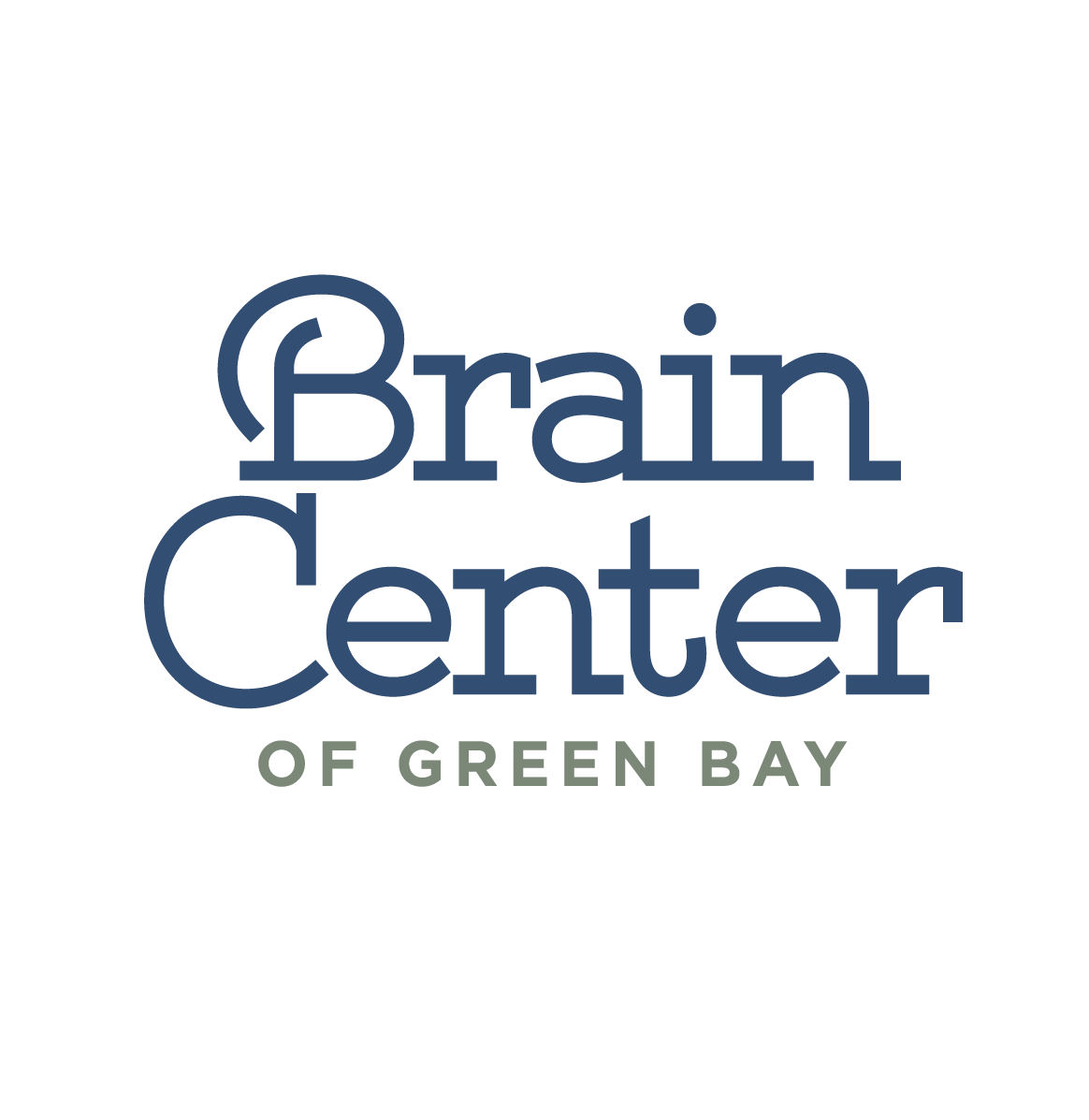
Glossary
Alzheimer’s Disease:
An irreversible, progressive brain disorder that slowly destroys memory and thinking skills and, eventually, the ability to carry out the simplest tasks. Symptoms usually develop slowly and get worse over time, becoming severe enough to interfere with daily tasks.
Alzheimer’s Dementia:
The dementia stage in the Alzheimer’s continuum.
Brain Health:
A concept that involves making the most of the brain’s capacity and helping to reduce some risks that occur with aging. Brain health is the ability to draw on the brain's strengths to remember, learn, play, concentrate, and maintain a clear, active mind.
Care Partner:
Spouses, partners, adult children, other relatives, and friends provide unpaid help to people living with dementia who have at least one limitation in their activities of daily living and reside in the community. Caregivers often assist with diverse activities of daily living such as personal care, household management, medication and healthcare management, and coordination of financial matters.
Chronic traumatic encephalopathy (CTE):
A progressive brain condition thought to be caused by repeated blows to the head and repeated episodes of concussion. It's particularly associated with contact sports, such as boxing or American football. Most of the available studies are based on ex-athletes.
Cognition:
The mental functions involved attention, thinking, understanding, learning, remembering, solving problems, and making decisions. Cognition is a fundamental aspect of an individual’s ability to engage in activities, accomplish goals, and successfully negotiate the world. It can be viewed along a continuum—from optimal functioning to mild cognitive impairment to Alzheimer’s and severe dementia.
Cognitive Impairment:
Trouble remembering, learning new things, concentrating, or making decisions that affect everyday life.
Dementia:
The loss of cognitive functioning—thinking, remembering, and reasoning—and behavioral abilities to such an extent that it interferes with a person’s daily life and activities. These functions include memory, language skills, visual perception, problem-solving, self-management, and the ability to focus and pay attention. Alzheimer’s is the most common cause of dementia. Other types include vascular dementia, dementia with Lewy bodies, and frontotemporal dementia.
Mild Cognitive Impairment:
A slight but measurable decline in cognitive abilities, including memory and thinking. A person with mild cognitive impairment is at an increased risk of developing Alzheimer’s or another dementia.
Subjective Cognitive Decline:
Self-reported confusion or memory loss that is happening more often or is getting worse.
Neurodegenerative Diseases (known as Degenerative Nerve Disease):
Affect many of your body's activities, such as balance, movement, talking, breathing, and heart function. Many of these diseases are genetic. Sometimes the cause is a medical condition such as alcoholism, a tumor, or a stroke. Other causes may include toxins, chemicals, and viruses. Sometimes the cause is unknown.
Degenerative nerve diseases include:
Alzheimer's disease
Amyotrophic lateral sclerosis
Friedreich ataxia
Huntington's disease
Lewy body disease
Parkinson's disease
Spinal muscular atrophy
Neuroplasticity:
The ability of the brain to form and reorganize synaptic connections, especially in response to learning or experience or following an injury.
Traumatic Brain Injury (TBI):
An injury that affects how the brain works. TBI is a major cause of death and disability in the United States. Anyone can experience a TBI, but data suggest that some groups are at greater risk of getting a TBI or having worse health outcomes after the injury.

